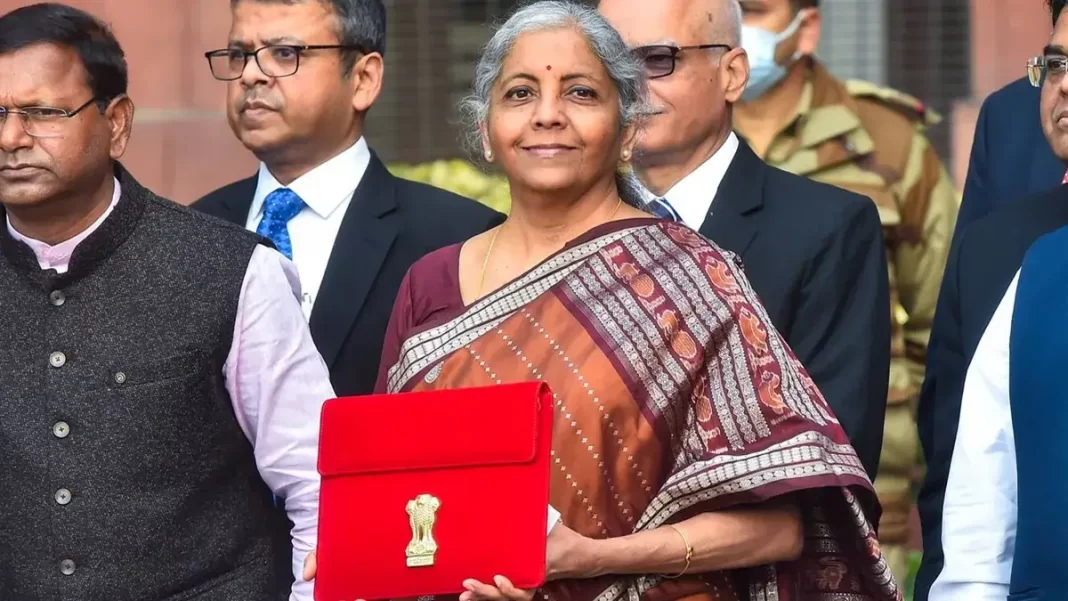In a significant development impacting India’s burgeoning cryptocurrency industry, the government’s annual budget, unveiled by Finance Minister Nirmala Sitharaman, has opted to maintain the contentious tax deducted at source (TDS) policy for crypto transactions. Despite widespread anticipation for revisions to the stringent tax regime governing crypto dealings, including a 30% tax on profits and a 1% TDS on all transactions, the budget announcement remained conspicuously silent on this issue.
The decision to retain the existing TDS policy has elicited disappointment from various quarters, particularly within the domestic crypto sector, which had been lobbying fervently for a reduction in these taxes. Indian crypto exchanges, in particular, have been grappling with operational challenges exacerbated by the 1% TDS since its introduction two years ago. Many exchanges have been forced to adapt their strategies to endure the financial strain imposed by this tax regime.
Dilip Chenoy, chairman of the Bharat Web3 Association, a policy advocacy body for India’s Web3 sector, expressed measured optimism in the wake of the budget announcement. While acknowledging the limitations of an interim budget, Chenoy underscored the detrimental impact of high TDS and income tax rates on both creators and consumers, driving them to seek opportunities abroad and undermining the growth prospects of Web3 initiatives within India. He expressed hope for potential policy adjustments post-election.
A study conducted by the Esya Centre further underscored the ramifications of the government’s tax policies on the crypto landscape, revealing that approximately five million crypto traders had shifted their transactions offshore since July 2022, potentially costing the government an estimated $420 million in revenue.
Although the government’s stance on tax policies has remained unchanged over the past two years, recent regulatory actions targeting offshore crypto exchanges have spurred a resurgence in crypto activity on Indian platforms. This development underscores the dynamic and evolving regulatory landscape surrounding cryptocurrencies in India, with stakeholders closely monitoring developments amidst the broader context of an impending election year.















